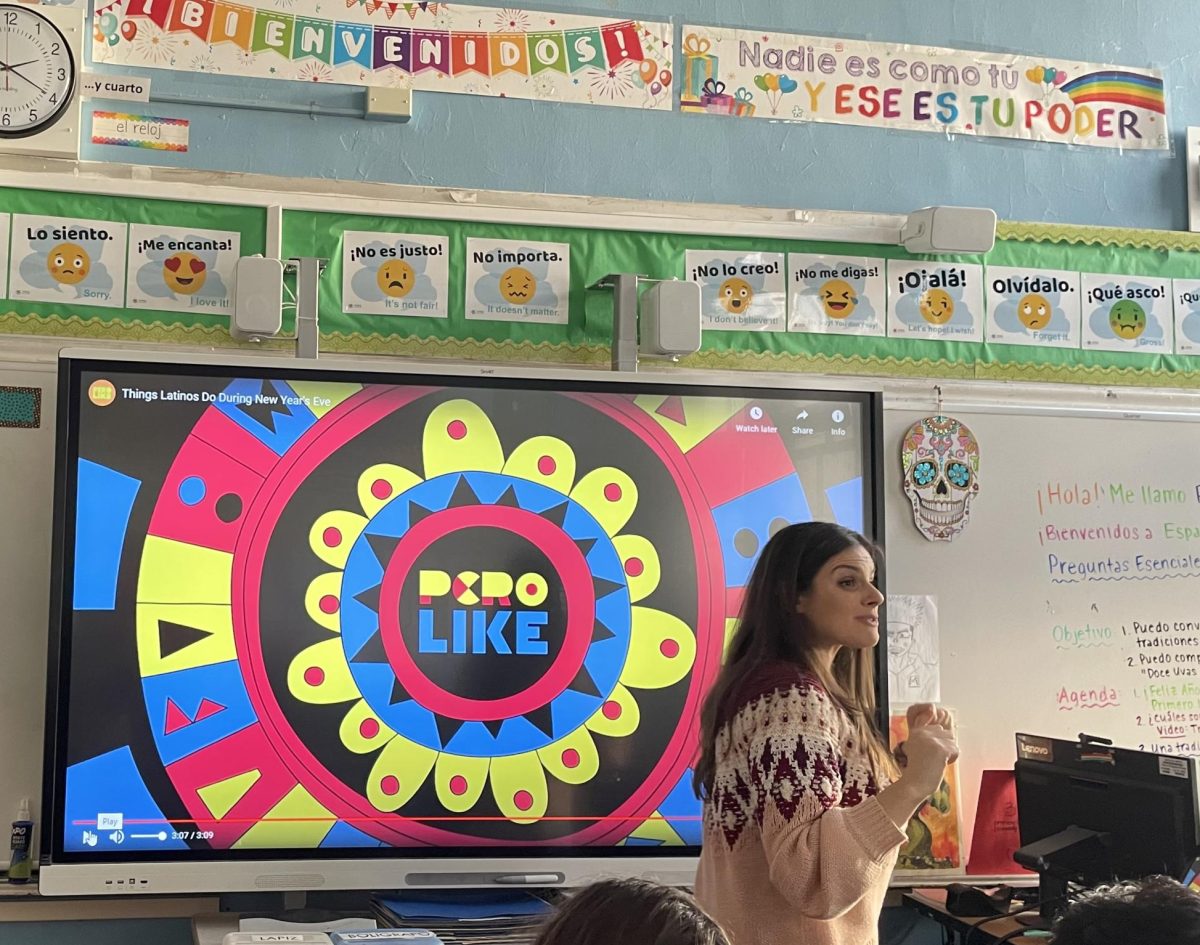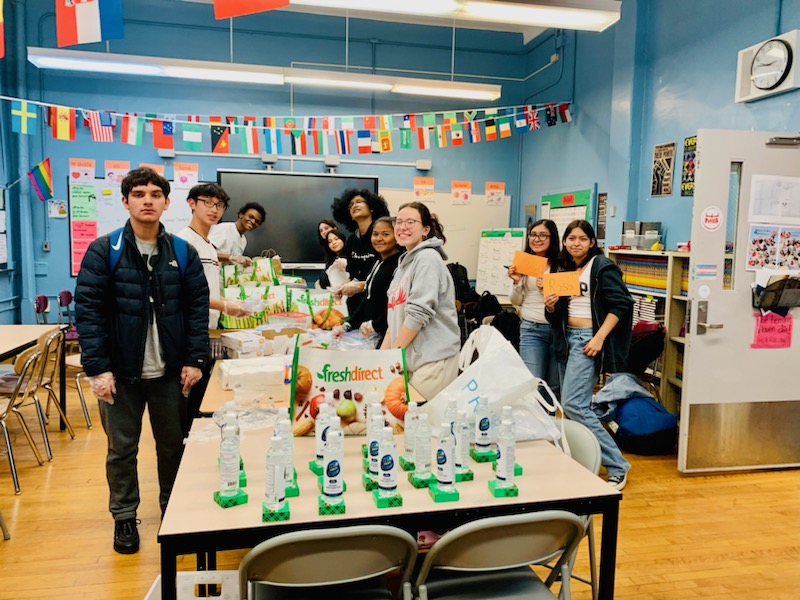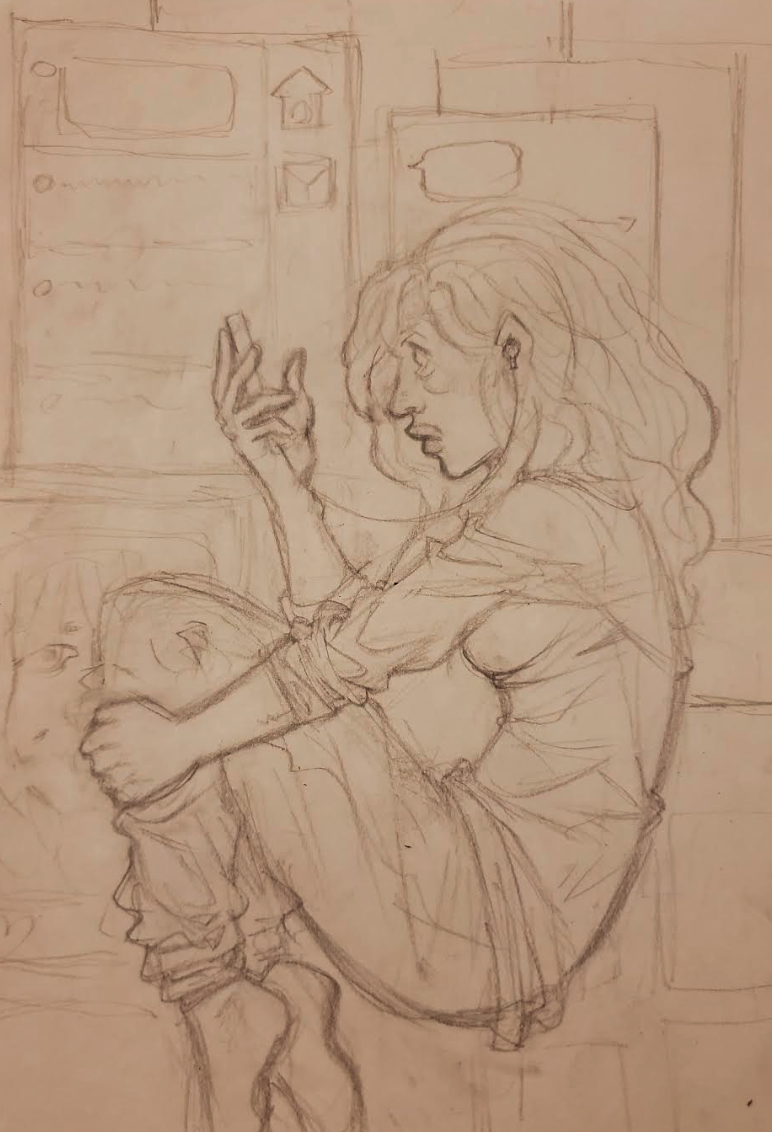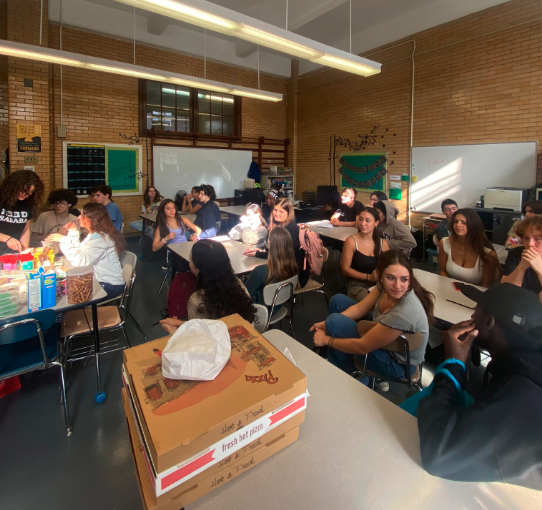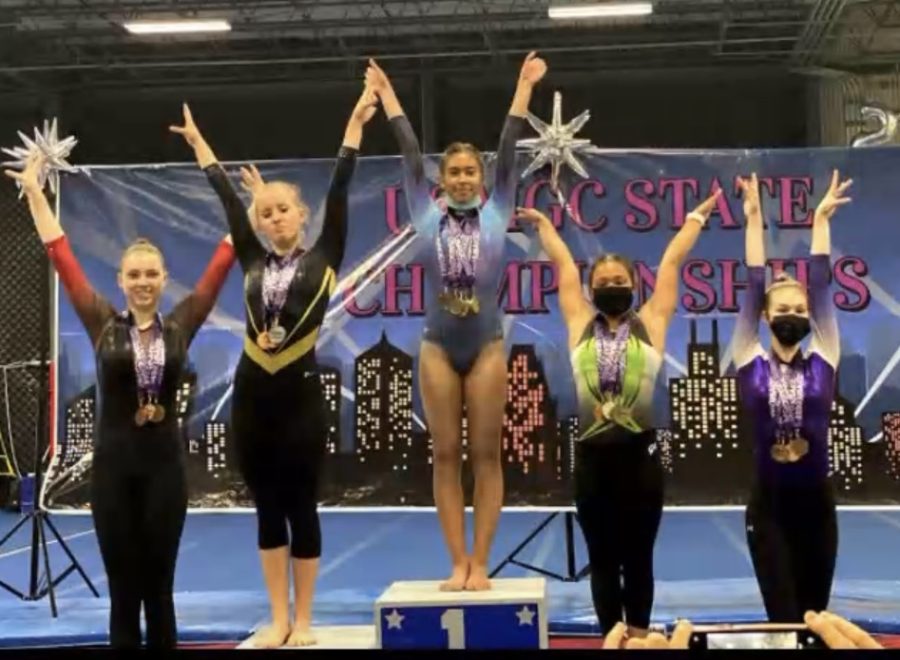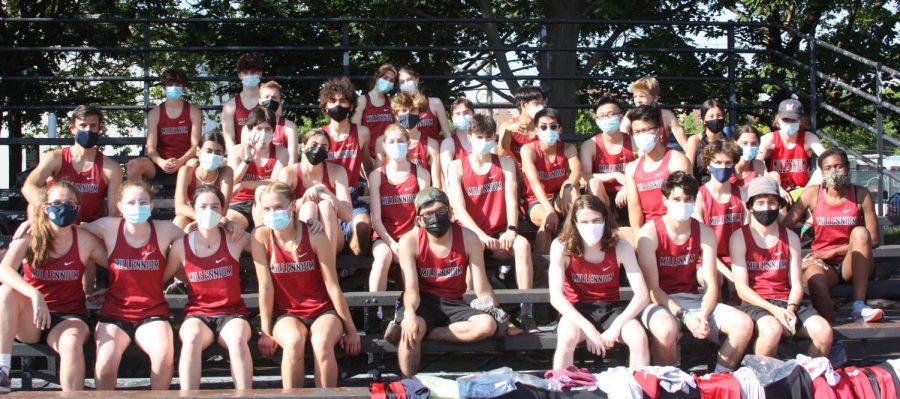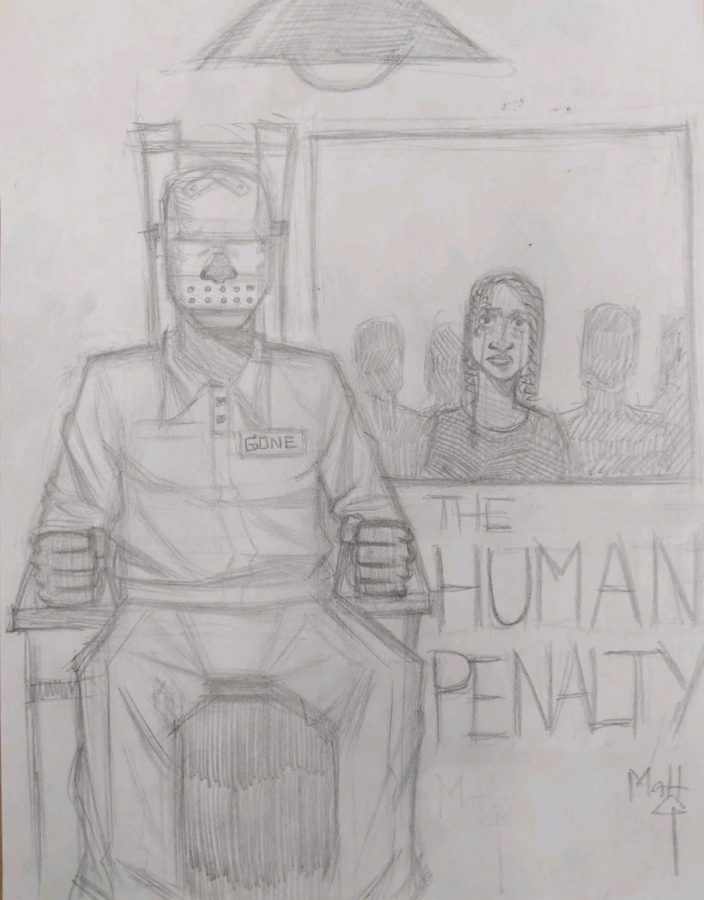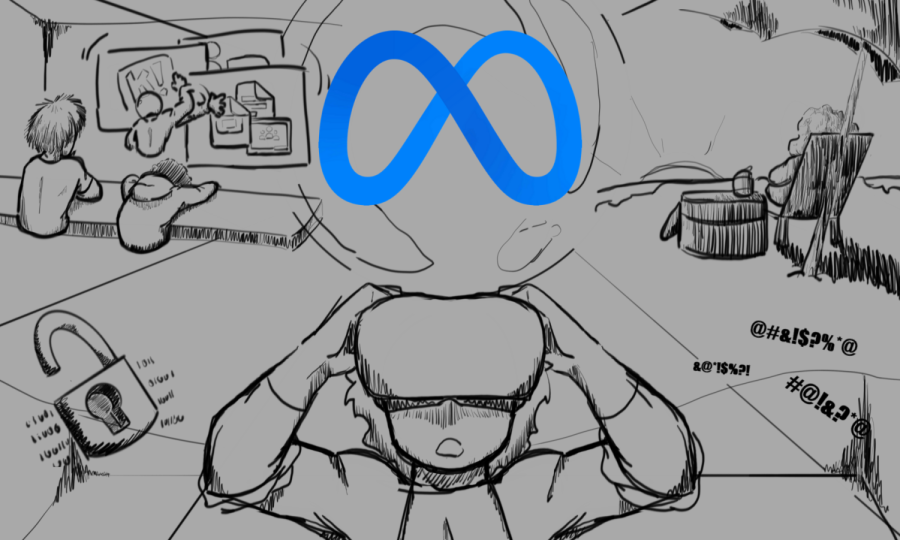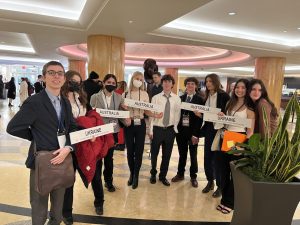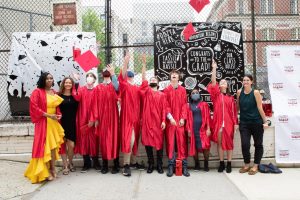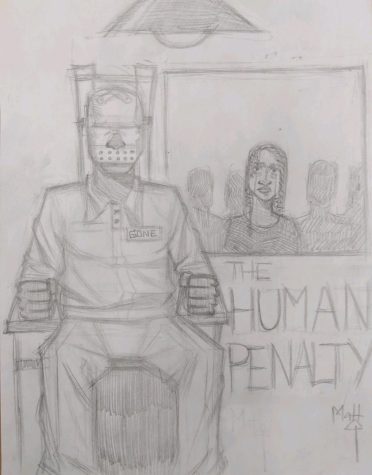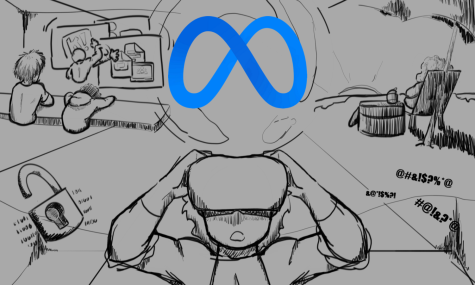A Second Home Among the Sewing Machines
June 18, 2021
To anyone walking past, 20th street between Fourth and Fifth Avenue is nothing special. At first glance, it is just a long block full of little houses and apartment buildings, nothing to stop and admire. But one of those Greenwood buildings used to be a garment factory, and it was my second home.
My mom greeted everyone on the way to her machine, where she would place a chair for me to sit and watch. I always admired how fast she sewed, as the machine went room, roooom, rooooooom. Despite the industrial fans, beads of sweat streamed down her face, the salt stinging her eyes. Her shirt was always drenched, as if someone had poured a bucket of water on her, creating a glue for the dust from the fabric to stick to her neck and arms. My mom never complained though, and her dedication to her work filled me with pride.
Eventually, I would grow bored of sitting, and, at one o’clock, when the Greenwood kids on the block would go out to play, I would join them. We would run up and down 20th street, riding our scooters, jumping rope, playing hopscotch and hide n’ seek, and pranking each other.
One day, tired of playing with the neighborhood kids, I went back into the factory and heard my mom screaming and crying. I panicked. My hands were trembling as I ran to her machine. My heart instantly dropped when I saw her finger was stuck to it, the needle had pierced her nail, which was gushing with blood. I was six at the time, so I thought she was going to die. I wanted to be strong for her, but the tears spilled out. What would I do without her? She was my everything, my mom, my dad, my role model, and my best friend. I never felt so desperate to be older and to be the one to work in her place.
Her boss dismantled the machine, pulled out the needle, and then cleaned her wound. Within moments, her finger swelled and turned purple. Unable to work, we returned home. While my mom packed her stuff, the other seamstresses told me “ya vez mijita por qué tienes que estudiar. ¿A poco quieres terminar en una máquina trabajando doce horas, sudada llena de polvo, y con los dedos cocidos? (You see sweetie, why you need to study… Do you want to end up working on a machine twelve hours a day, all sweaty, dirty, and with your fingers sewed together?).” I giggled nervously, I knew they were right. I wish I could have told them that they too would have better futures.
These mornings I wake up at five thirty and I always take a trip down memory lane on my way to school. The smell of my morning coffee takes me back to all those times my mom would buy me iced coffee on the way to the factory. Even though it was mostly milk, it made me feel like an adult, ready to handle what the day had in store for me. My mom would always warn me to not drink so much coffee because I would remain short, which, I guess, turned out to be true. As I work on my studies, I remember the seamstresses’ advice and work diligently so I can go to college and become the first professional in my family.
Watching my mother, I learned to take pride in my work; to never give up no matter the challenges. Like the fighter she is, she returned the very next day ready to tackle her machine and fabrics. When I feel pressured and overwhelmed to balance my school work and home responsibilities, those childhood summer memories fuel my drive. I tell myself: “If it’s worth fighting for, then fight for it, don’t give up.” And a better future for my family is definitely worth the fight.
